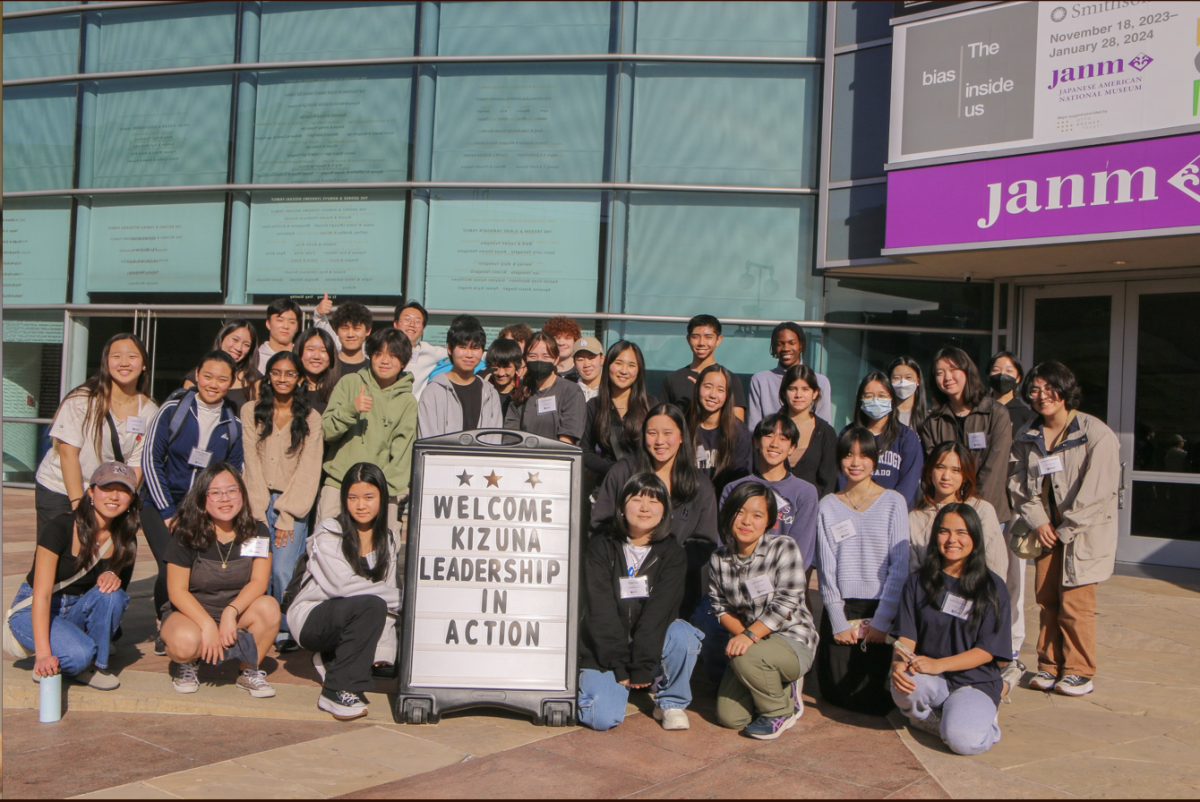Since President Trump’s recent reelection, American citizens have been bombarded by bold new policies. From mass deportations, attempts to end birthright citizenship, and tariffs on imports from Canada, Mexico, and China, economic and social welfare concerns have spread everywhere in merely 2 months. Consequently, it is vital to understand President Trump’s recent actions and their potential impact on the lives of U.S. residents.
U.S. History student and Forensics Workshop member Skylar Nakano (11) highlighted the reason behind the endless stream of headlines since President Trump’s 2nd term: “He’s creating policies that are far out of the norm of what a president would do in the first few weeks of his presidency.” Deportation efforts are at the forefront of President Trump’s first changes, aiming to enforce existing immigration laws by removing millions of undocumented immigrants from the United States.
In the New York Times article titled “Who Are the Millions of Immigrants Trump Wants to Deport?” staff writers Allison McCann, Albert Sun, and Eileen Sullivan highlighted how the number of people “without legal status or with temporary protection from deportation” reached record levels of “almost 14 million in 2024.” These residents “have been living in the country for years and have developed ties to their communities, including having children born in the United States.” As a result, many resources would be required to “locate and remove” such undocumented people.
Many residents of the United States are against the large-scale deportation effort, believing that these new immigration policies are inhumane due to the devastating impact on millions of families. In response, some state officials and immigration-support organizations have initiated public protests to challenge the policy, some even publicizing their dissatisfaction through social media. For instance, celebrity Selena Gomez, belonging to Mexican heritage, posted a video of herself crying about the mass deportations, stating, “My people are getting attacked.”
According to Nakano, these deportation efforts could also potentially impact schools in America because “a large portion of our students are immigrants or come from immigration backgrounds.” Children born on U.S. soil to parents without legal status may fear their parents being deported. Nakano detailed the chain reaction set off by separating families, describing how children “would be left in a very bad financial situation where they can’t afford higher education, which would decrease college funding.” The culmination of low college funding and less educated citizens would create “a divide in education,” she expressed.
Combined with mass deportation efforts, birthright citizenship is another prominent concern in the country. U.S. History student and politics follower Nicholas Soto (11) described how the end of birthright citizenship is essentially “removing the idea that you are a U.S. citizen just because you were born in the U.S,” meaning that a child will only be considered a citizen if their parents are citizens. Opponents of President Trump’s new ambitions cite the Constitution in defense of natural-born citizenship. “The 14th Amendment made it legal for all people born in the U.S. to be considered citizens,” Soto explained.
Another story making headlines on nearly every news channel is Trump’s newly imposed tariffs (taxes placed on imports). According to a New York Times article titled “Trump Hits Foreign Steel and Aluminum With Tariffs, Restarting an Old Fight” by Ana Swanson, the U.S. placed a 25% tariff on steel and aluminum from all countries and a 10% tariff on imports from China. While tariffs aim to help American businesses by encouraging domestic manufacturing (goods produced in America) instead of relying on imports, higher tariffs could hurt companies (ones reliant on imports) and raise consumer prices. In response, Canada, China, and Mexico have imposed their own tariffs on American goods, a political counterattack in the hopes that U.S. consumers complain about the federal government’s policies, and eventually the government will rescind the tariffs.
Amidst the tensions of tariffs, deportation efforts, and attempts to end birthright citizenship, President Trump has one clear goal. Nakano worded it best: “President Trump wants the U.S. to be self-sufficient.” These abrupt economic changes have positive and negative consequences and will continue to spark legal battles. However, Americans must recognize the importance of staying informed. In a world of ignorance, maintaining a democracy— one that thrives on active civic engagement— becomes more difficult, but staying informed is the key to meaningful participation and creating change.









